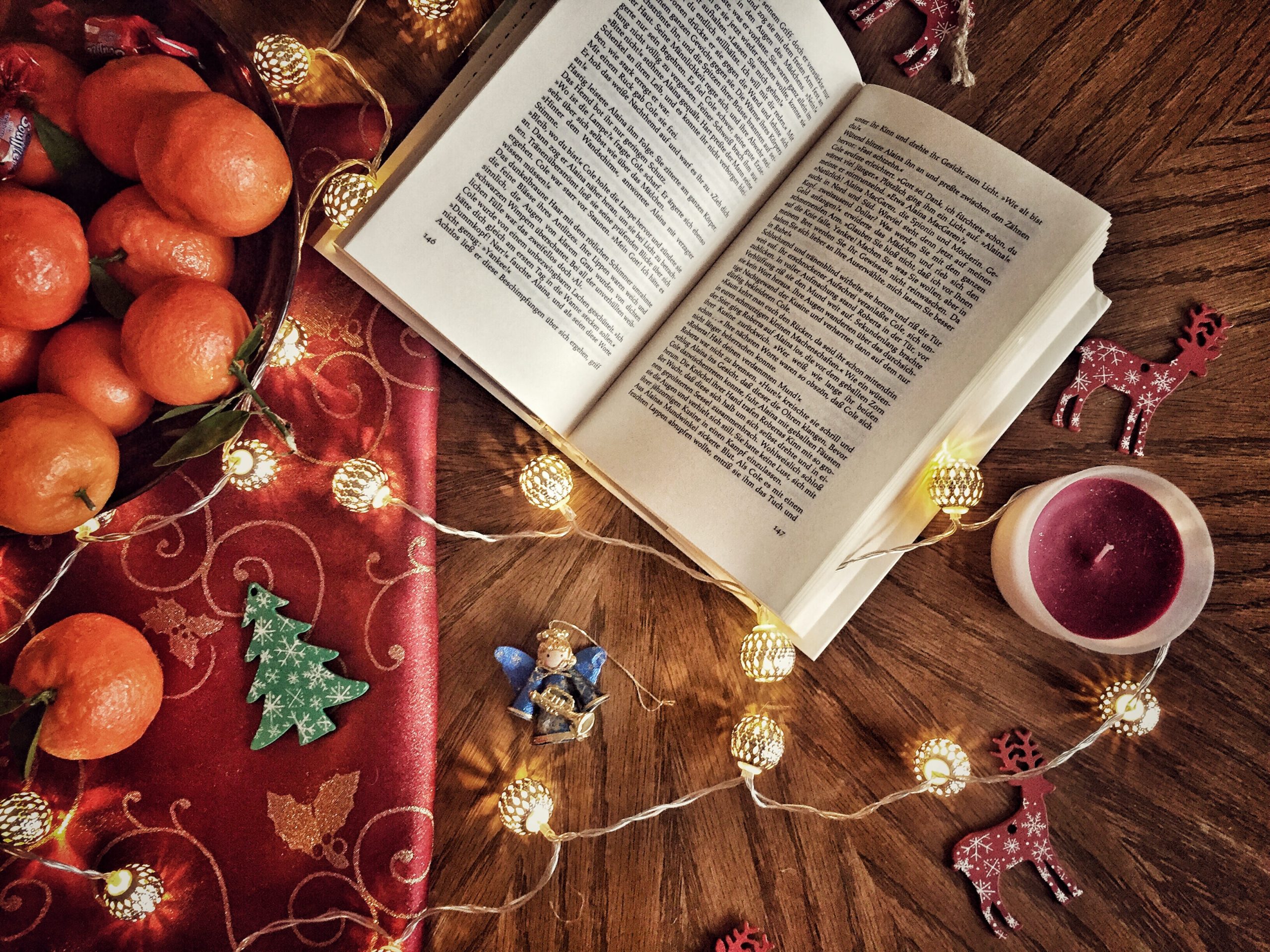
The Jewel Trader of Pegu is a delightfully descriptive and gently observed novel by Jeffrey Hantover. Told in epistolary fashion, The Jewel Trader of Pegu follows the journey of 16th century jeweler Abraham. Abraham is a young man who is prompted to travel the world collecting precious stones to bring back to his uncle to sell after the death of his wife and newborn son in childbirth. He writes to his cousin Joseph, a man who sees in many ways his opposite, back home. His last stop on his journey around the world is the mystical country of Pegu, which is located in Burma. There he is faced with crisis of conscience and religious faith as he is asked by the people of his temporary homeland to perform a sacred custom for brides, which goes against the basic articles of his faith.
Abraham is at first able to decline participation in the process, but as it becomes clear that he is upsetting the people who have embraced him, there is also the implicit threat of being expelled from the country for refusal to fully participate in the workings of society. Abraham’s letters are interspersed with the narrative of an unknown young woman from his host country who provides an alternate perspective of her people and their customs. She emerges an important part on Abraham’s life and the catalyst of a major decision that he makes which define him for himself.
Reading this book I luxuriated in beautiful writing and interest ideas as Abraham explores his own religious customs and values against the backdrop of people whose beliefs and practices are radically different from what he had been taught and had blindly believed all his years. He compares their acts of barbarity with those of his own country, and wonders who is right. It’s always interesting to me to be exposed to other ideas that my own culture would be considered backwards or barbaric. Abraham is the perfect filter for this because he is always questioning and viewing his reactions and wondering how they came about, questioning and reviewing his actions to people and contrasting how Jews are treated by the Christians back home in Venice.
This novel also raised for me the questions of identity and who we are when we are away from our home country and culture and faced with living and surviving in a place that often has us out of our comfort zone? How fluid is identity and religion when we are surrounded by what is totally unfamiliar? How do we justify our own barbaric acts and for what reasons and by whose standards do we consider them to be valid reasons?
This book is graceful, thoughtful and slow moving. If you are looking for action then this isn’t something I would recommend. Some of the scenes and depictions of war can be graphic but there aren’t rapid-fire events moving the plot along. This is a book of self-examination and ideas.
Coda
+A new take on Pride & Prejudice (in Pakistan).
+Strangers connect in a Passport Office.
+I think I need this to go with some dresses.



